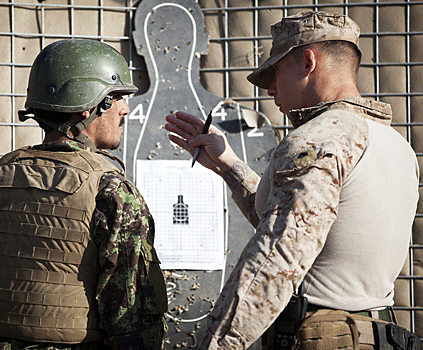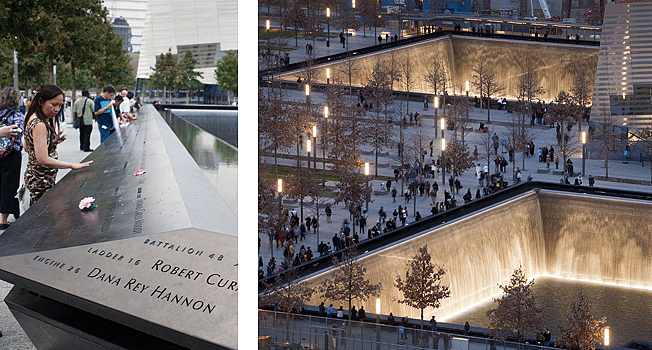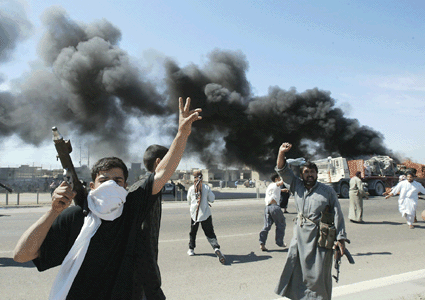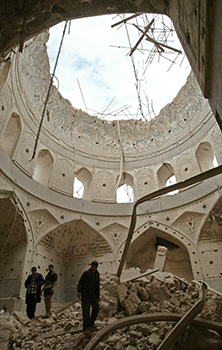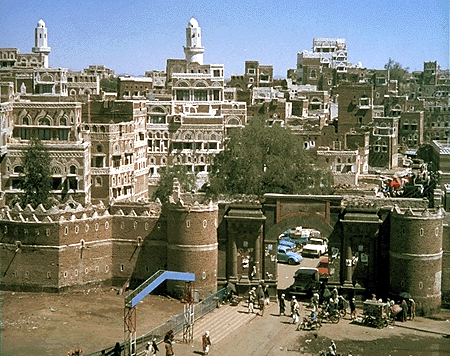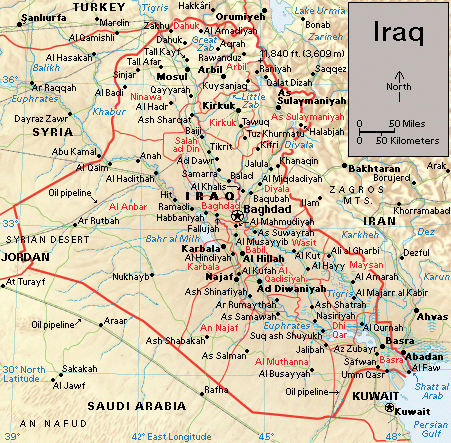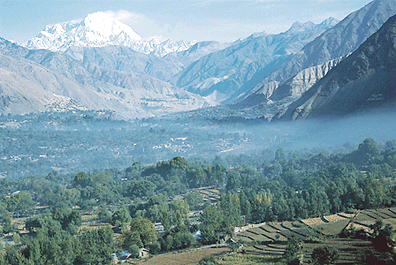NATO Officially Ends War in Afghanistan
Monday, December 29th, 2014December 29, 2014
NATO commanders yesterday formally ended the Afghanistan War during a brief ceremony in the Afghan capital, Kabul. At NATO mission headquarters in the city, the green-and-white flag of the United States-led coalition, known as the International Security Assistance Force, was ceremonially rolled up and sheathed. Then the flag of the new international mission, called Resolute Support, was raised. The ceremony marked the official end of a 13-year combat mission in Afghanistan. Beginning on Jan. 1, 2015, U.S.-led forces in the country will offer only training and support for the Afghan army.
A NATO coalition invaded Afghanistan in 2001 in the wake of the Sept. 11, 2001, terrorist attacks in the United States. The intention behind the invasion was to crush the terrorist organization behind the attacks–al-Qa’ida–and to capture its leader–Osama bin Laden. NATO forces quickly brought down Afghanistan’s Taliban-controlled government, which had sheltered al-Qa’ida. However, much of the al-Qa’ida organization escaped into other countries, particularly across the border into Pakistan. (American military forces finally tracked down and killed bin Laden in Pakistan in 2011.)
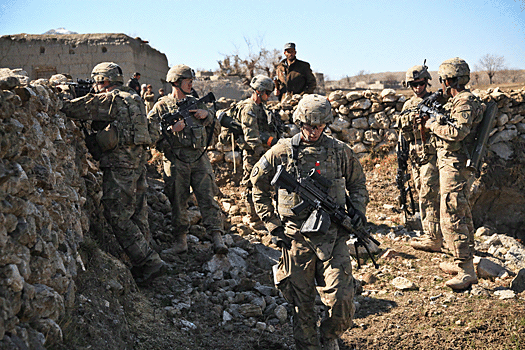
American troops patrol a village along Afghanistan’s border with Pakistan. After the U.S. military overthrew the Taliban, some members of the Taliban and al-Qa`ida fled to the mountains along the Afghanistan-Pakistan border. (Department of Defense)
In a prepared statement, President Barack Obama said, “Today’s ceremony in Kabul marks a milestone for our country. For more than 13 years, ever since nearly 3,000 innocent lives were taken from us on 9/11, our nation has been at war in Afghanistan. Now, thanks to the extraordinary sacrifices of our men and women in uniform, our combat mission in Afghanistan is ending, and the longest war in American history is coming to a responsible conclusion.” The president also paid tribute to the more-than 2,200 Americans killed in the war.
Despite the war, the Taliban continues to launch offensives and carry out terrorist attacks in Afghanistan. “Afghanistan remains a dangerous place,” the president said in his statement, “and the Afghan people and their security forces continue to make tremendous sacrifices in defense of their country.
Additional World Book articles:
- Terrorism: America’s New Enemy (a special report)

